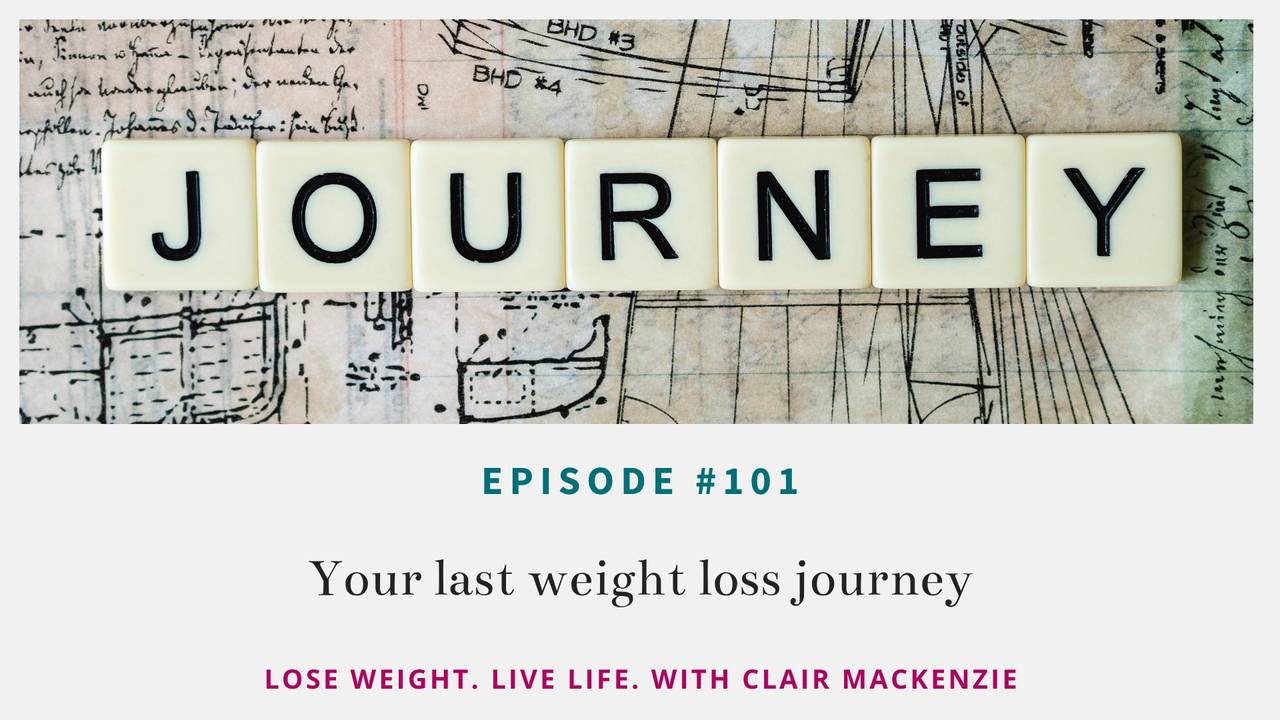Understanding Your Legacy Weight Loss
Your Legacy Weight Loss refers to achieving and maintaining a healthy weight not just for a short-term goal, but for the long-term, impacting your overall well-being and quality of life for years to come. It’s about building sustainable habits that become an integral part of your lifestyle, rather than following restrictive diets or intense workout regimes that are difficult to maintain. This approach prioritizes both physical and mental health, recognizing the interconnectedness of body and mind in the weight loss journey.
Psychological Aspects of Lasting Weight Loss

Self-esteem and confidence play crucial roles in achieving lasting weight loss. Negative self-perception can often fuel unhealthy eating habits and hinder progress. Cultivating self-compassion and focusing on non-scale victories, such as increased energy levels or improved sleep, can significantly boost motivation and build confidence. Positive self-talk and celebrating small achievements are essential components of this process.
Sustainable Lifestyle Changes for Weight Management, Your legacy weight loss

Sustainable weight loss relies on gradual, manageable changes that can be integrated into daily life. These changes focus on long-term habit formation rather than quick fixes. Examples include incorporating regular physical activity, choosing nutrient-dense foods, prioritizing sleep, and managing stress effectively. These modifications promote a holistic approach to health, leading to lasting results.
Strategies for Sustainable Weight Loss
Sample Meal Plan for Healthy Eating
A balanced meal plan provides the necessary nutrients while supporting weight loss. The following is a sample plan; individual needs may vary. It emphasizes whole, unprocessed foods and portion control.
| Breakfast | Lunch | Dinner | Snacks |
|---|---|---|---|
| Oatmeal with berries and nuts | Grilled chicken salad with mixed greens and a light vinaigrette | Baked salmon with roasted vegetables | Greek yogurt with fruit, a handful of almonds |
| Scrambled eggs with spinach and whole-wheat toast | Lentil soup with a whole-wheat roll | Lean beef stir-fry with brown rice | Apple slices with peanut butter |
| Smoothie with fruits, vegetables, and protein powder | Turkey and avocado sandwich on whole-wheat bread | Chicken breast with quinoa and steamed broccoli | Hard-boiled egg |
Effective Exercise Routines for Weight Loss
Regular physical activity is crucial for weight loss and overall health. The intensity and type of exercise should be tailored to individual fitness levels.
- Beginner: 30-minute brisk walks, 3-4 times per week.
- Intermediate: 30-45 minutes of moderate-intensity cardio (e.g., jogging, cycling), 4-5 times per week, plus strength training 2 times per week.
- Advanced: 60-90 minutes of high-intensity interval training (HIIT) or endurance activities (e.g., running, swimming), 5-6 times per week, plus strength training 3 times per week.
- Yoga and Pilates: These practices improve flexibility, strength, and mindfulness, supporting overall well-being and aiding in weight management.
- Dance: Engaging in various dance forms can be a fun and effective way to burn calories and improve cardiovascular health.
Mindful Eating and Stress Management
Mindful eating involves paying attention to your body’s hunger and fullness cues, eating slowly, and savoring your food without distractions. Stress management techniques, such as meditation, yoga, or spending time in nature, can help reduce emotional eating and promote overall well-being, which are vital for sustainable weight loss.
Addressing Common Challenges
Obstacles to Long-Term Weight Loss
Emotional eating, lack of motivation, and unrealistic expectations are common obstacles. Addressing these challenges requires self-awareness, developing coping mechanisms for emotional eating, and setting realistic, achievable goals. Support systems and professional guidance can be invaluable in overcoming these hurdles.
Comparison of Weight Loss Approaches
Various weight loss approaches exist, each with strengths and weaknesses. Low-carbohydrate diets can lead to rapid initial weight loss but may be difficult to maintain long-term. Calorie-counting methods can be effective but require significant effort and tracking. A balanced approach combining moderate calorie restriction with regular exercise and mindful eating is generally recommended for long-term success.
Overcoming Weight Loss Plateaus
Weight loss plateaus are common and often result from physiological adaptations. Adjusting your approach can help break through these plateaus.
- Re-evaluate your diet: Ensure you are consuming enough calories and protein.
- Increase exercise intensity or duration: Challenge your body with new exercises or higher intensity workouts.
- Get enough sleep: Lack of sleep can hinder weight loss.
- Manage stress: High stress levels can impact metabolism and hinder progress.
- Seek professional guidance: Consult a doctor or registered dietitian for personalized advice.
Building a Supportive Environment
The Role of Social Support
Social support is crucial for maintaining a healthy lifestyle. Having a network of friends, family, or support groups can provide encouragement, accountability, and emotional support during challenging times. Sharing your goals and progress with supportive individuals can significantly enhance your chances of success.
Resources for Weight Loss Support
- Support groups: Online or in-person groups offer a sense of community and shared experience.
- Weight loss apps: Many apps offer tracking tools, recipes, and motivational support.
- Websites and online resources: Numerous websites provide information, recipes, and workout plans.
- Registered dietitians and nutritionists: Professionals can provide personalized dietary guidance.
- Certified personal trainers: Trainers can design safe and effective workout programs.
Building a Strong Support System
Building a strong support system involves identifying individuals who are supportive and encouraging, setting clear expectations for their role in your journey, and actively communicating your needs and progress. This may include family, friends, colleagues, or professionals such as therapists or coaches.
Measuring Progress and Celebrating Success
Tracking Progress Beyond the Scale

While weight is an important indicator, focusing solely on the number on the scale can be discouraging. Tracking non-scale victories, such as improved energy levels, better sleep, increased strength, or fitting into smaller clothes, provides a more holistic view of progress and maintains motivation.
Celebrating Milestones and Maintaining Motivation
Celebrating milestones, no matter how small, is essential for maintaining motivation. This could involve rewarding yourself with non-food related treats, such as a massage, a new book, or a relaxing activity. Regularly reviewing your progress and acknowledging your achievements reinforces positive habits and encourages continued effort.
Visual Representation of Sustainable Weight Loss Impact
Imagine a vibrant chart with multiple interconnected sections. One section shows a steadily decreasing weight trend over time, represented by a downward sloping line. Another section showcases an upward trending line representing increased energy levels, depicted with a sun icon growing brighter. A third section displays a calm, peaceful image representing improved sleep quality. A fourth section shows a person confidently engaging in activities they previously struggled with, symbolizing improved physical capabilities. Finally, a fifth section portrays a happy and confident individual, reflecting enhanced self-esteem and overall well-being. This chart visually encapsulates the positive ripple effect of sustainable weight loss across various aspects of life.



